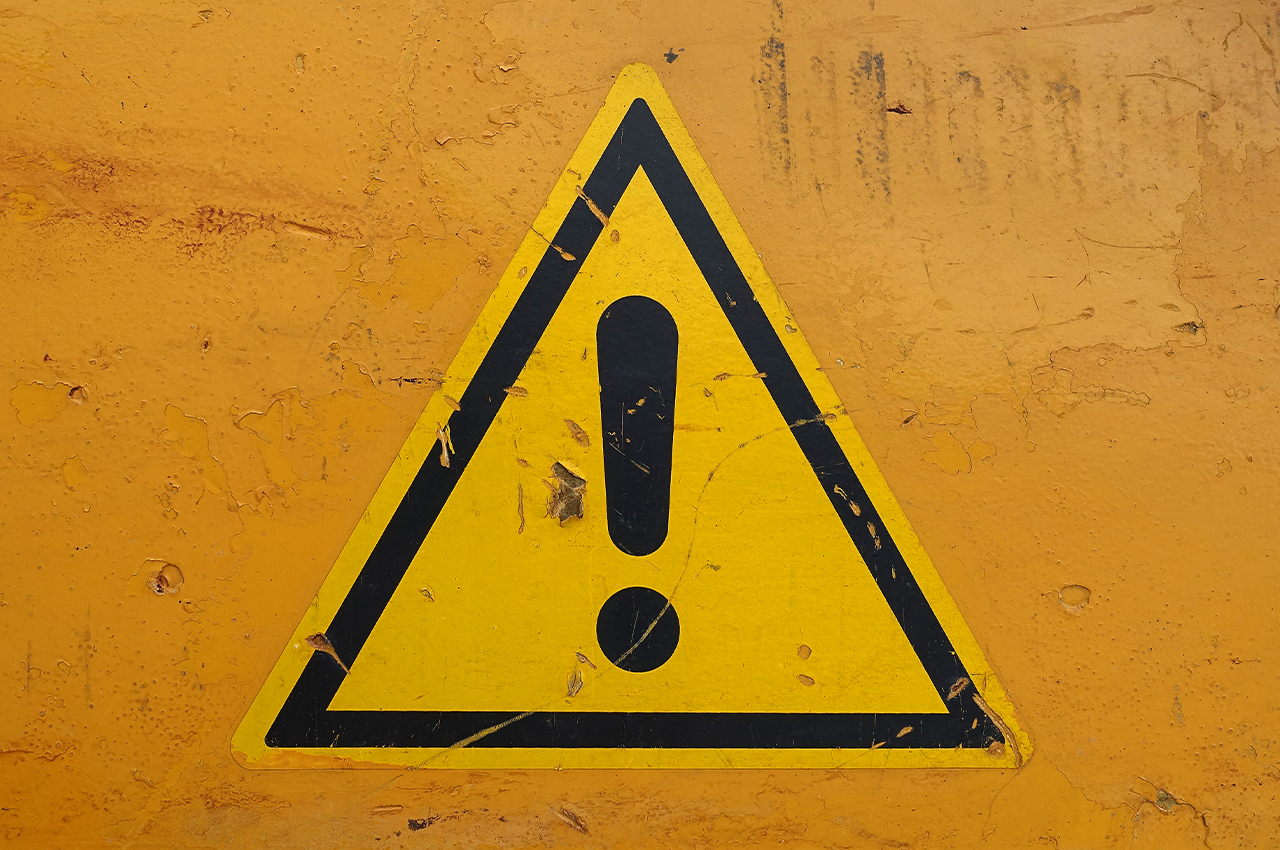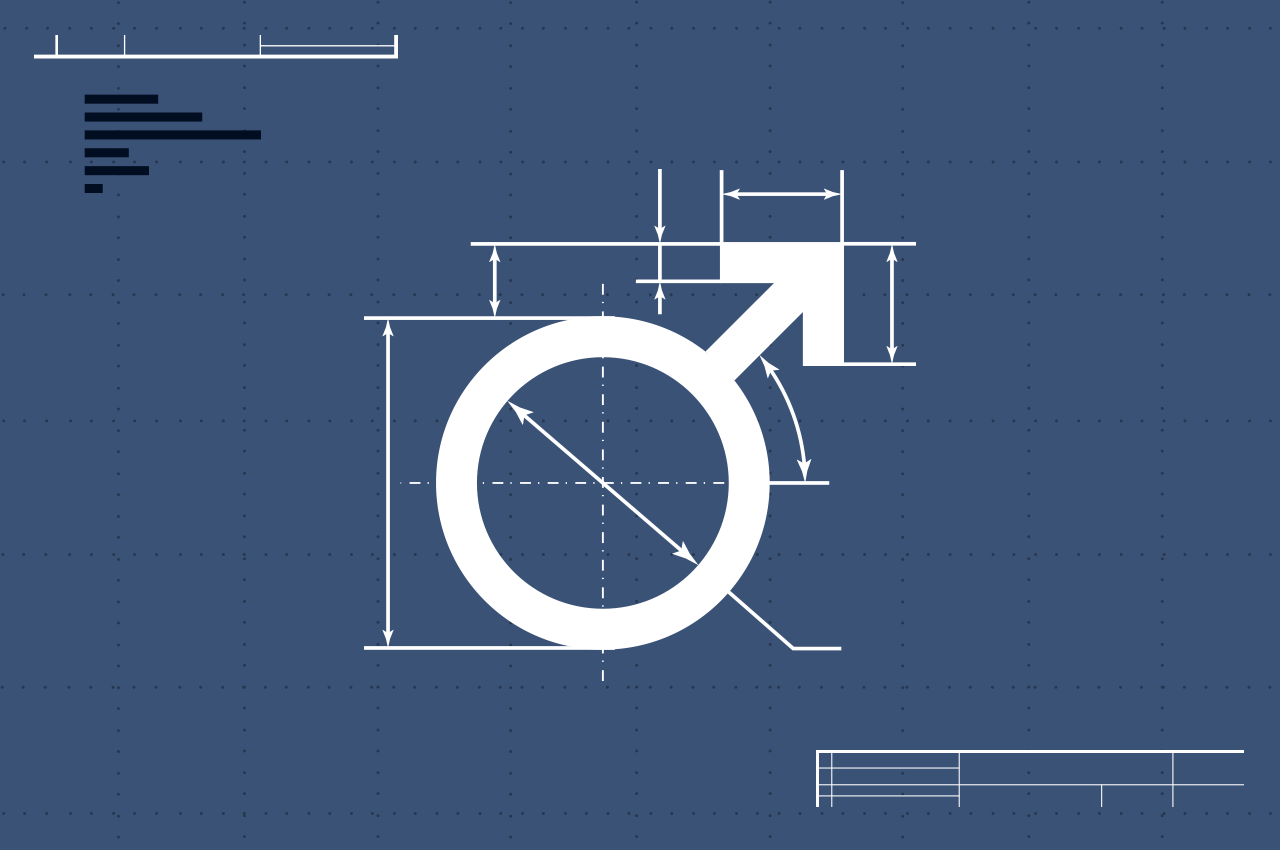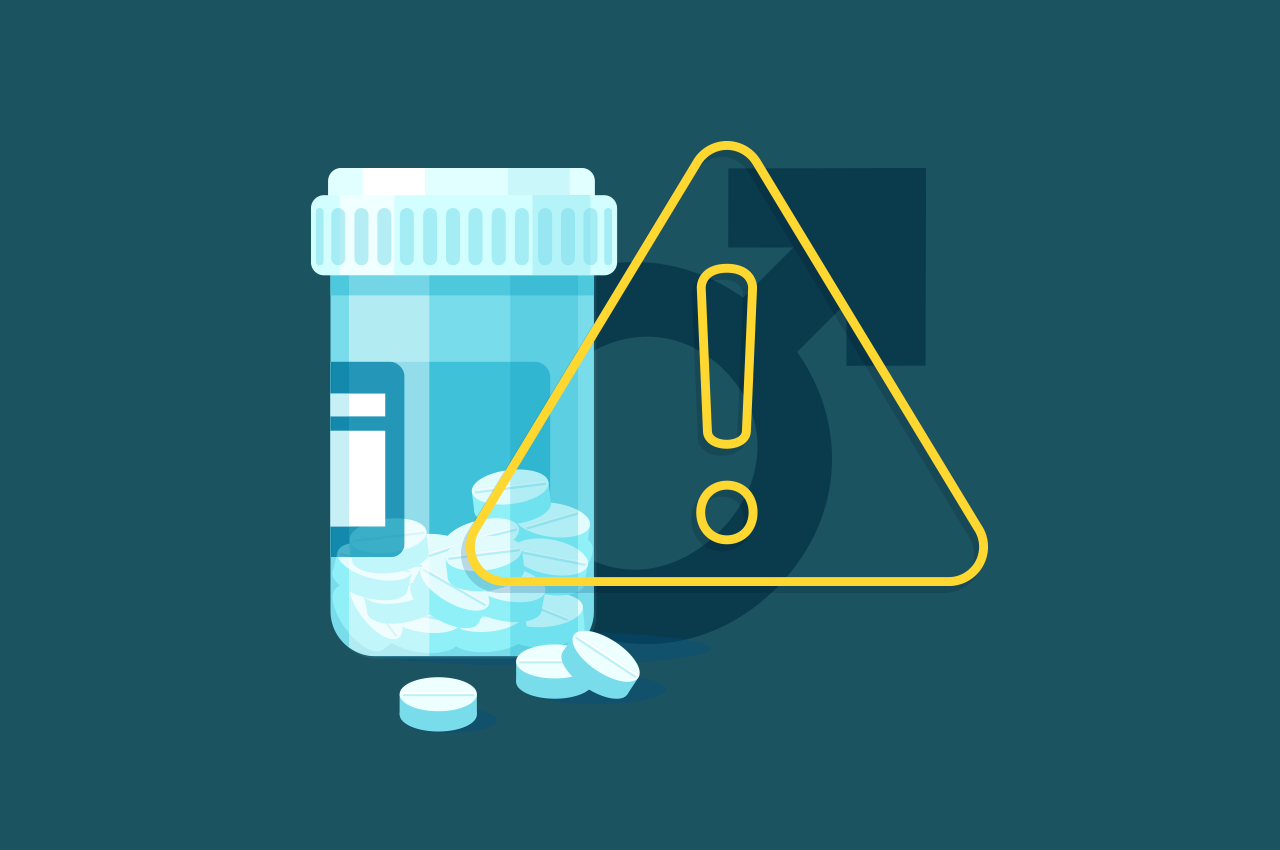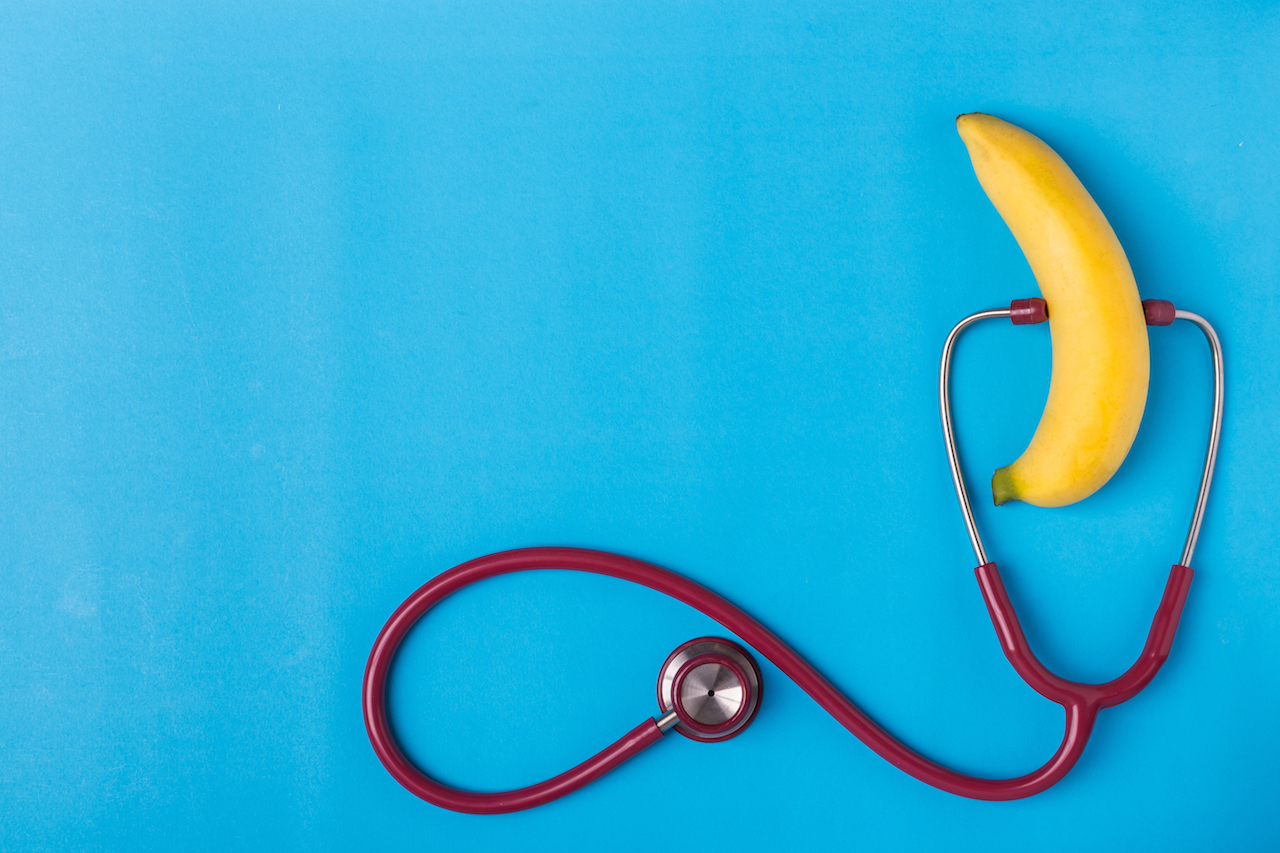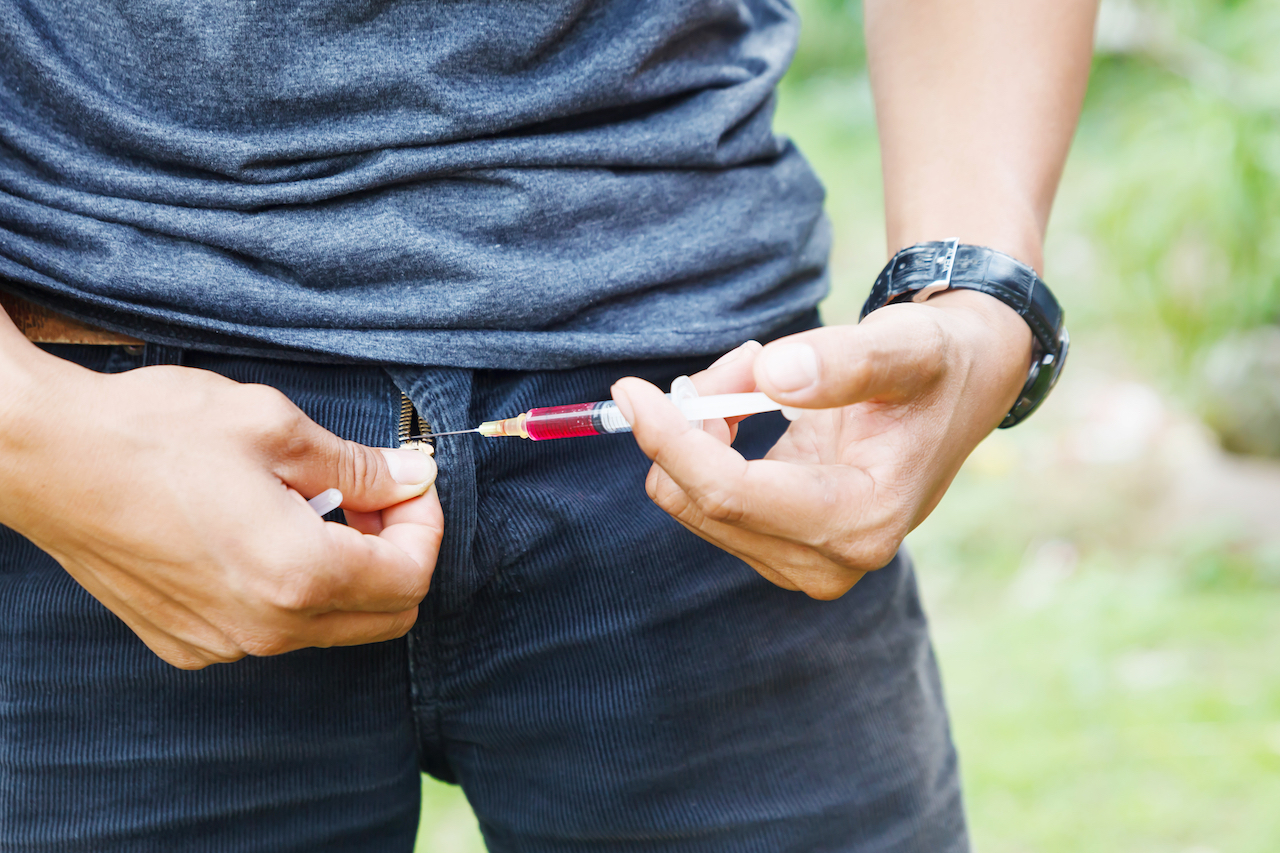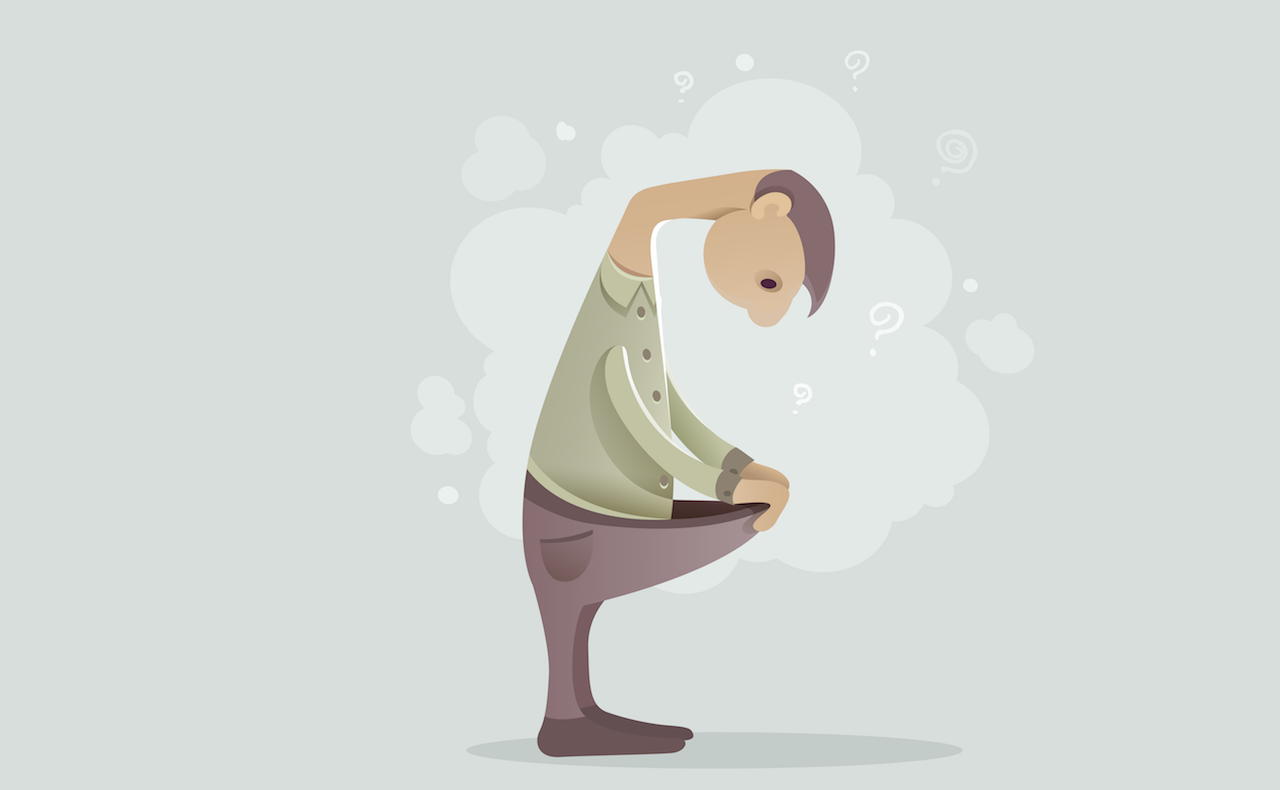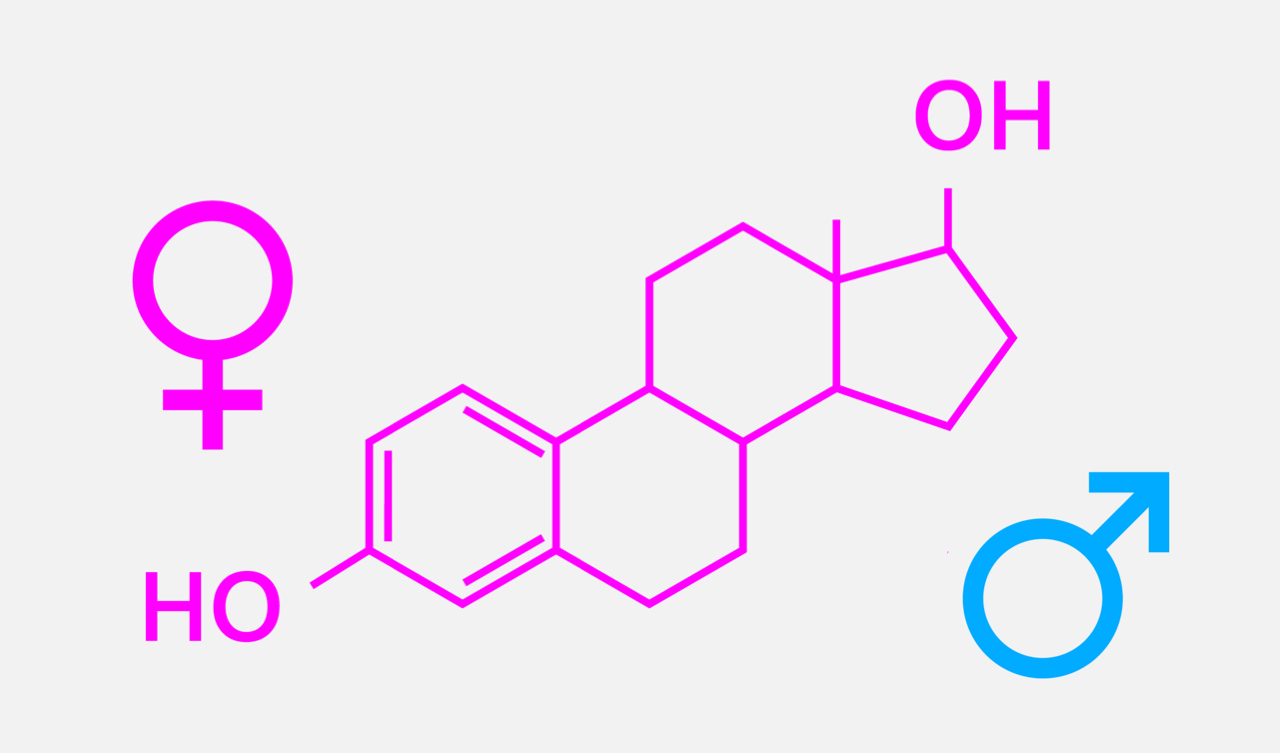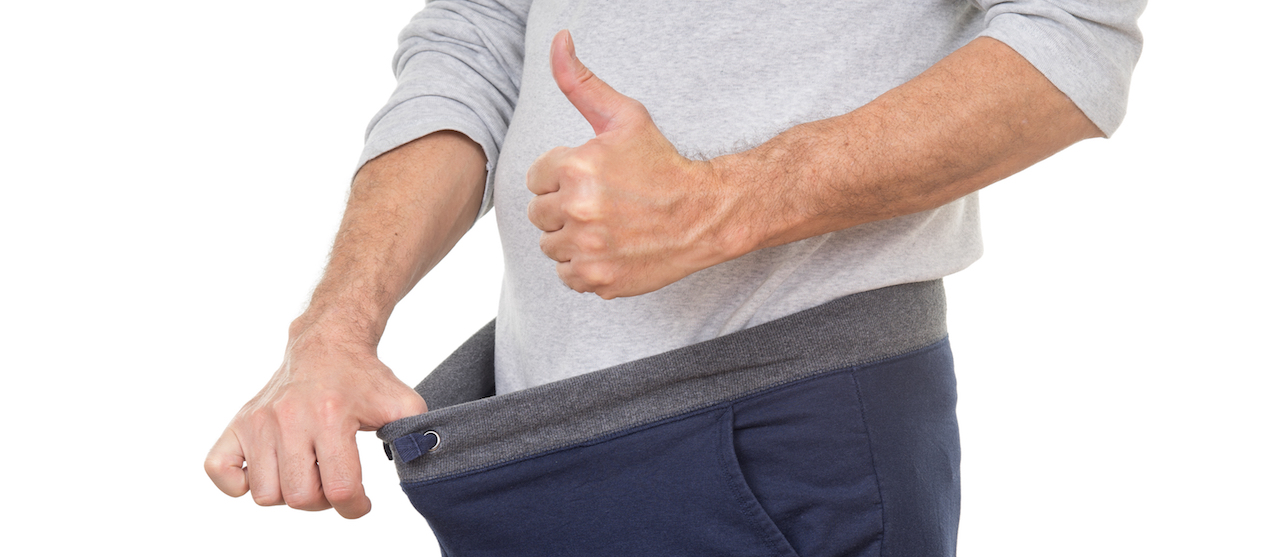Here at Hello Doctor we get many questions from men regarding problems with their manhood and what to do about it. We thought it would be a good idea to put together a short FAQ with some of the most common questions we receive along with an answer from our Hello Doctor doctors.
1. How do I control early ejaculation?
Early, or premature, ejaculation is a common issue for many men. Essentially it means that the man reaches orgasm sooner than he would like – within a minute of penetration, being unable to delay or hold off orgasm and feeling inadequate and avoiding sexual intimacy as a result. The reason behind this is often complex, including both physical and psychological factors.
So what can you do? Try these techniques:
- Masturbate an hour or so before intercourse. This makes it easier to hold off orgasm while being sexually intimate
- Avoid intercourse for a period of time and focus on other ways of pleasuring yourself and your partner.
- Use the Pause-Squeeze technique. During sexual activity, when your reach the point where you are going to orgasm stop and get your partner to squeeze your penis just below the head until the urge to ejaculate passes. Continue and repeat this cycle a few times. This will teach you control and soon you will be able to hold off orgasm without this
If these do not help then you should consult your doctor as you may need additional assistance in the way of medication or counselling.
2. Can I boost my testosterone?
To boost your testosterone levels naturally you will need to look at your lifestyle
- Get enough sleep.
- Keep your weight healthy
- Exercise. Strength plus cardiovascular training is essential
- Reduce stress
- Stop smoking
- Make sure your medications are not contributing to it – anabolic steroids used by body builders and athletes can decrease testosterone levels
3. How can I stay erect for longer?
Maintaining a healthy and strong erection and improving your endurance during sex demands dedication and focus. Only if you are looking after yourself will you be able to perform at your peak.
- Avoid excessive alcohol – although it reduces inhibitions, alcohol use will also result in weaker erections and poor stamina
- Do not smoke! Smoking damages the blood vessels supplying the penis during an erection. When these are damaged your erection will be too
- Exercise and maintain a healthy weight. Being fit and healthy is a huge advantage
- Use condoms- condoms decrease your sensitivity and allow you to go on for longer
- Try different positions during intercourse to keep things interesting
- Don’t masturbate too often
4. It is normal to have a low sex drive after 40?
It is normal for libido to decrease as you age – after the age of 40 men experience a decreasing testosterone level and can experience something similar to the female menopause. Low libido, low energy, depressive symptoms and weight gain can occur. Other factors influence libido at this age is stress and medical conditions such as high blood pressure and diabetes for example.
5. Are there any natural ways to increase my penis size?
No, there is no medication or supplement that is able to do this. Here are a few things to keep in mind about your penis size:
- When you look at your own penis, it will appear shorter simply because of the angle at which you are looking.
- Women generally do not care about size; it’s how you use it that counts.
- Spend time keeping yourself fit and healthy -being overweight will affect how large your penis looks, when surrounded by body fat it’s going to look small. If you are lean however it’s going to look bigger.
There you have it, 5 of your most frequently asked questions about penis health answered. We hope these answers will give you some peace of mind. If you’d like to learn some more, why don’t you speak to our doctors directly by using our Hello Doctor service. The service allows you to speak to a doctor over the phone in the comfort and privacy of your home.
Written by Dr Russell Thomson.


